In what has been the second story to report the financial costs associated with the ongoing book ban frenzy across America^, Hamilton East Public Library in Noblesville, Indiana, has spent over $300,000 in taxpayer money to review books in their teen collection. This review, pushed by the library board, impacts over 18,000 items and staff suspect half the books in the teen section will be either moved to another area of the library or banned “weeded” all together.
Hamilton East Public Library (HEPL) does not vote for their board members. Various elected leaders across the district are responsible for appointing seats when they become vacant; in the case of Hamilton East Public Library, two seats are appointed by Noblesville School Board president, one by Hamilton East School Board president, two by county commissioners, and one by city council. Four vacancies last year meant four new faces–and ideologies–shifted the board’s priorities. One of the biggest names to land a spot? Local conservative pastor Micah Beckwith, who unsuccessfully ran as a Republican US Congressman.*
None of the HEPL board members have contact information tying them to the library itself, thus removing their responsibility to the institution and their constituents. Nothing sent to or from board members is able to be accessed via Freedom of Information Act because those rights do not extend to non-government/public email. Indeed, according to policy updated in January 2023, the Board does not need to permit public comment at their meetings, noting there is no legal requirement to do so and that such input from the community could distract them from doing their jobs.
There is not a single way to keep the board, responsible for overseeing one of the biggest public services in the community, accountable to doing that very thing.
In December following the wave of new board appointments, the HEPL board determined it was within their purview to demand a full evaluation of the library collection. They updated the library’s collection development policy, listing themselves as the first line of authority in determining appropriate material for the library.
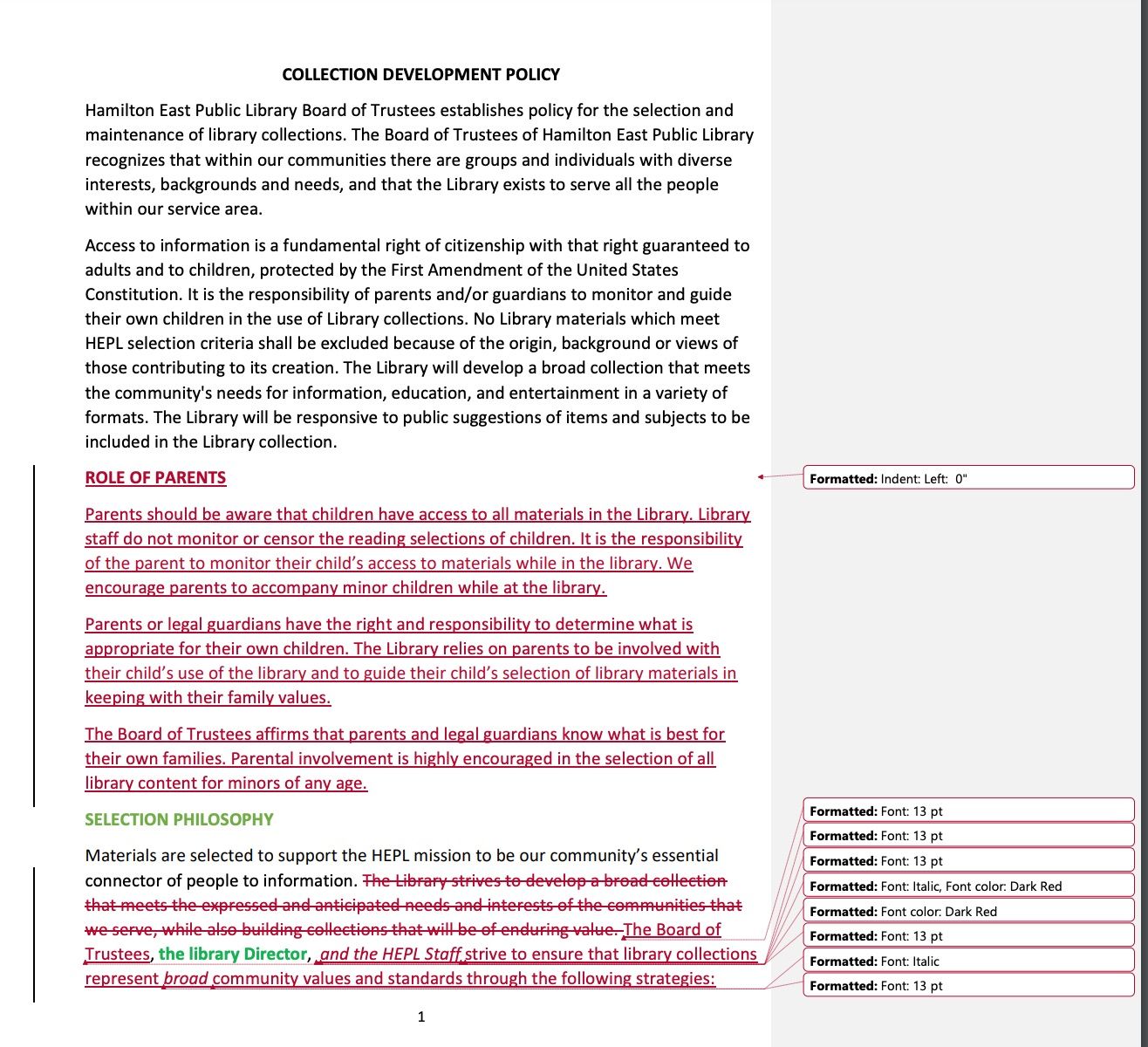
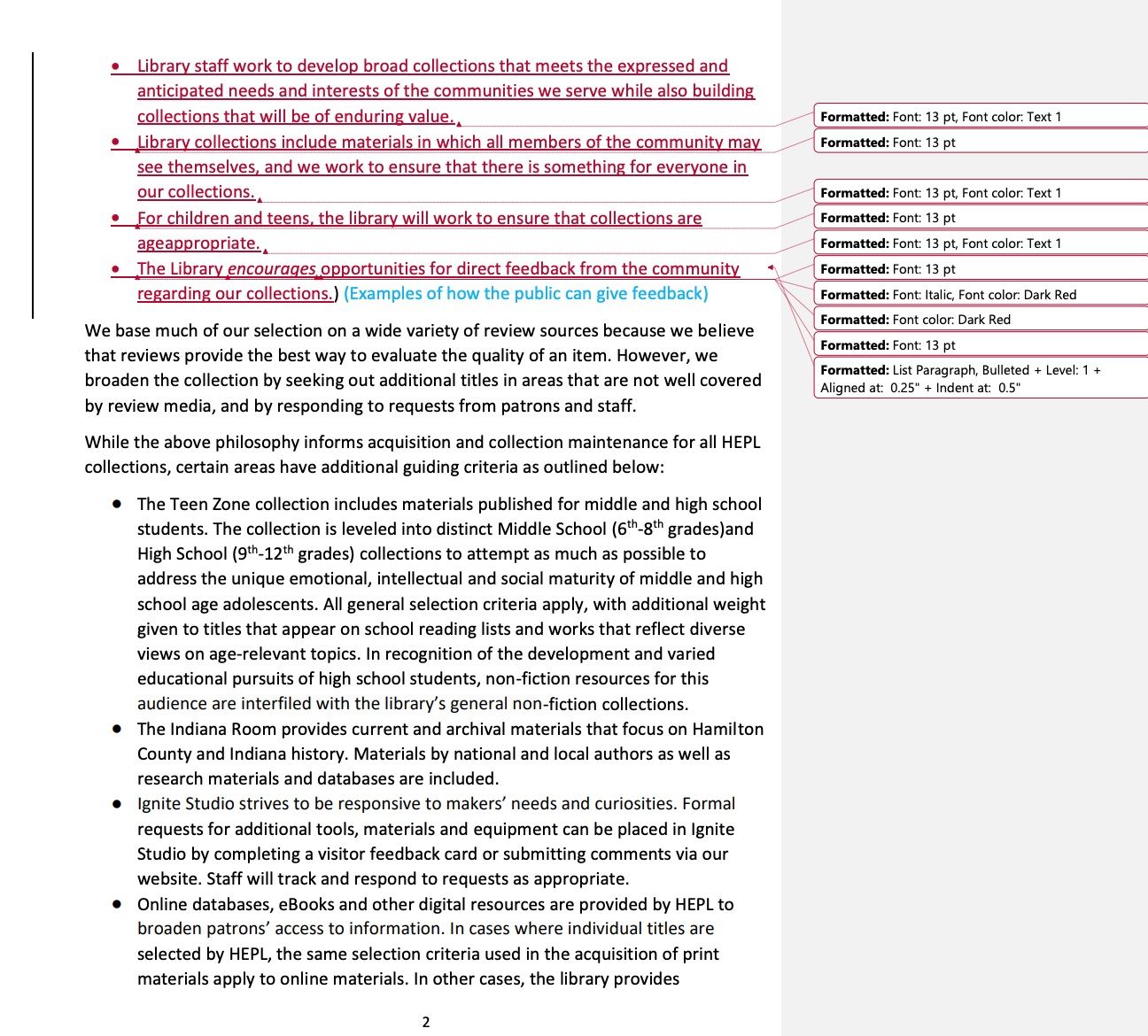

Anything deemed not “age appropriate” would need to be relocated, if not removed. Of course, what “age appropriate” means has shifted throughout the process, creating an ever-shifting target for what books can or cannot remain in the teen section. Also noteworthy throughout the updated policy are numerous references to “balanced from a variety of sources” as a guide for justifying purchases, suggesting that some actual factual material may not be allowed under the policy if another source–one that’s reputable or not–says it is not true or accurate.
Library workers at HEPL began the process of going through their collections to relocate (and potentially remove) materials which no longer fell under the “age appropriate” guidelines.
Staff members have done this review in addition to their regular work, pulling dozens of books at a time from shelves in the children’s and teen collections to assess whether or not the material was “age appropriate.” They focused on any depictions of nudity, even in relation to books written for young people about their bodies, about puberty, or about reproduction.
But the board was not satisfied at the pace the librarians worked, despite having reviewed 1,000 titles since January. Their guidelines, muddy as they were in defining “age appropriate,” were not clear enough and so at the April 27, 2023 board meeting, the HEPL board decided to update the collection development policy again.
Now, books which have any profanity or even hint at “illegal activities” are subject to being moved or removed all together. This puts even more pressure on the already overburdened library staff and puts the financial onus on the public, who will be footing the estimated $300,000 costs to satisfy the short-term desires of a partisan board.
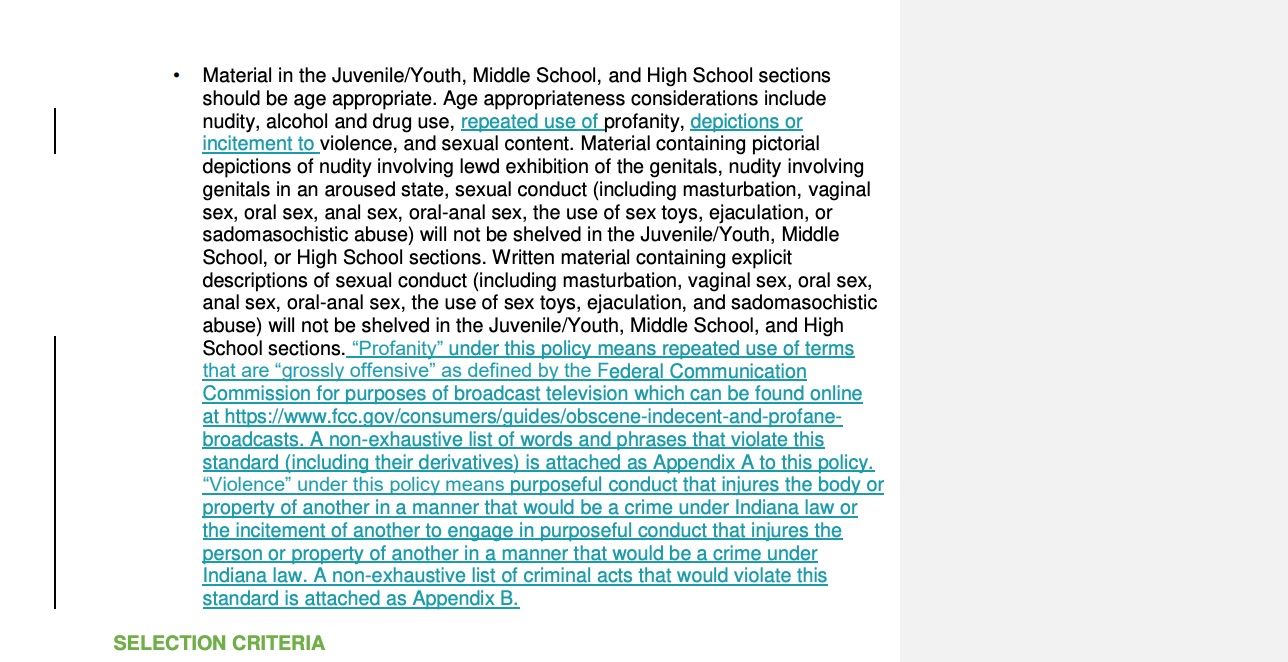
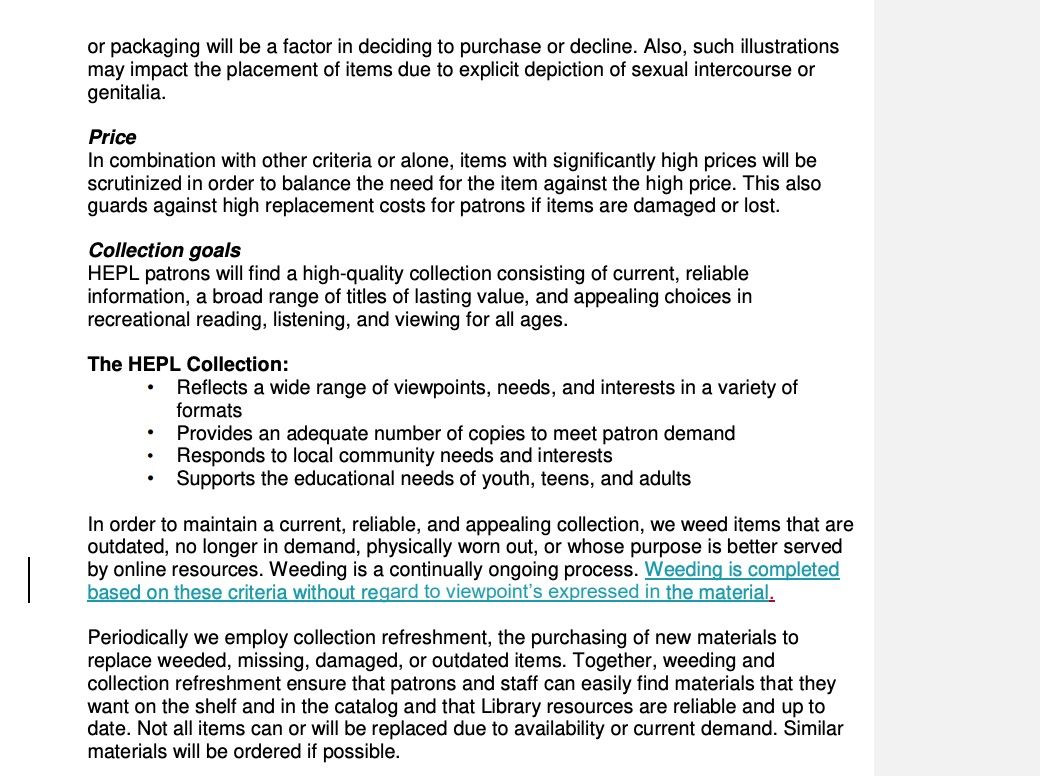
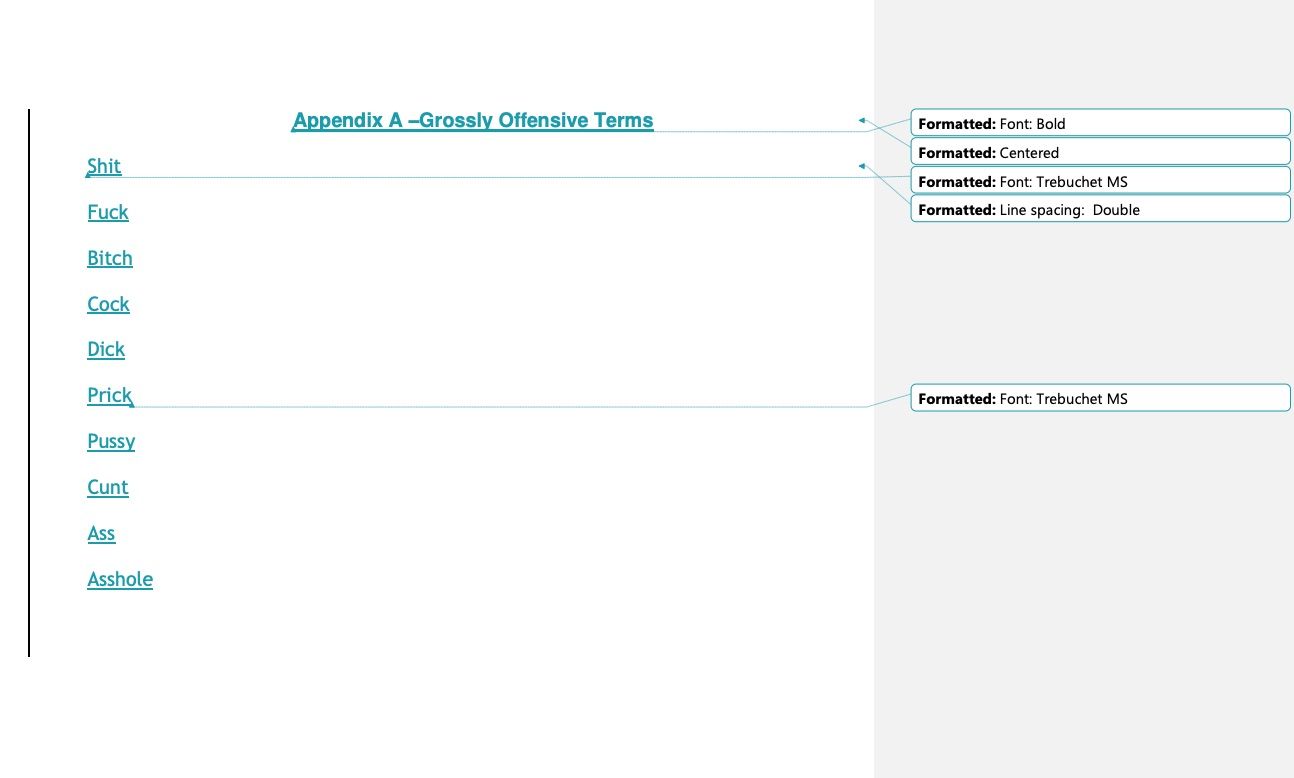
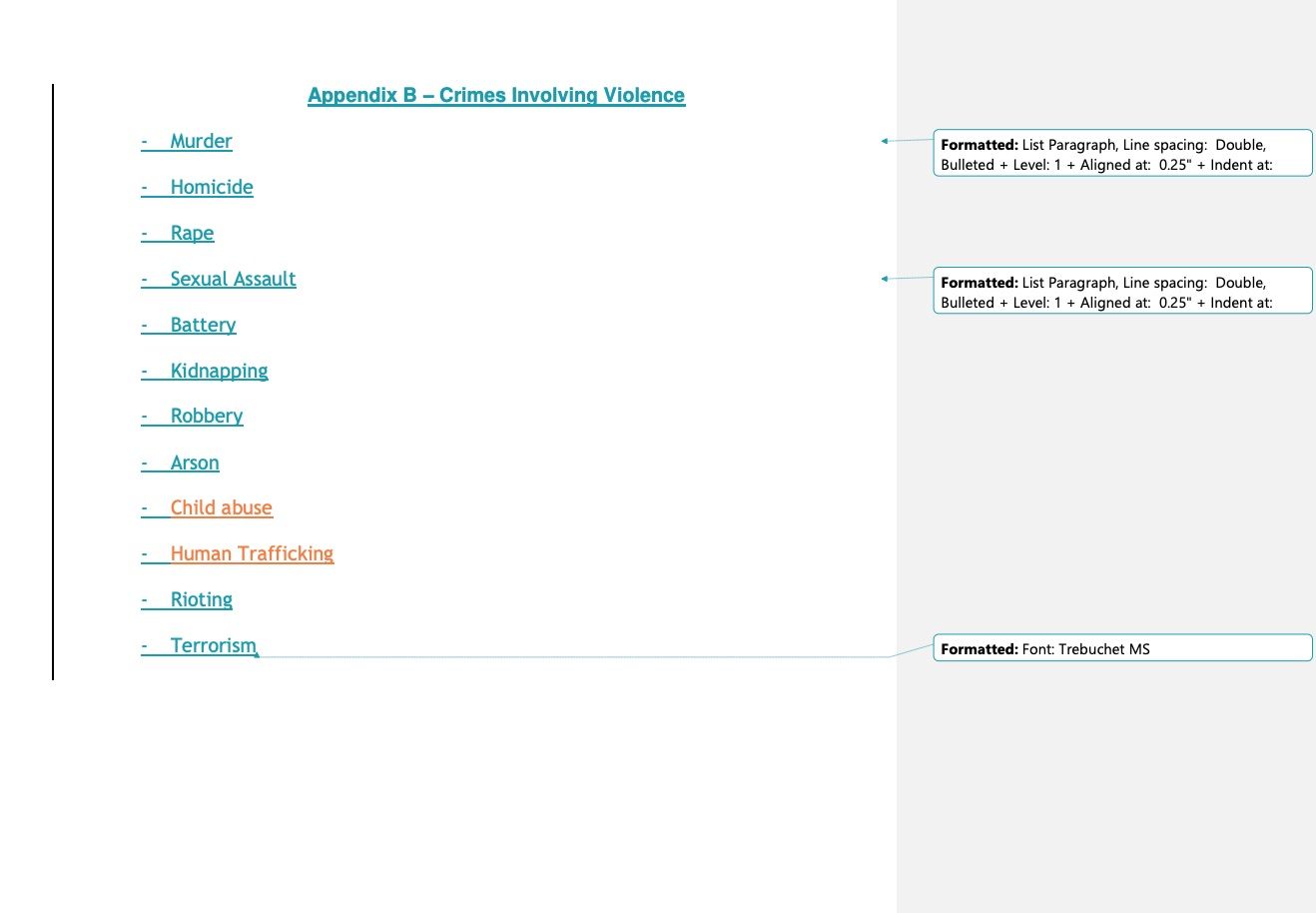
So in other words, the following types of books would be rendered “inappropriate” in any section of the library designated for those under the age of 18:
- Books about the Holocaust
- Books about any war, at any time, at any point in history
- Books about sexual assault
- Books about the KKK (of which Hamilton County itself has a shameful connection–doubtful “past” is the correct term here)
- Books about 9/11
- Books about the transition from high school to college (they’re going to cover personal safety!)
- Any books under the murder mystery or true crime genre
- Books about dogs or chickens
Anyone putting two and two together knows the real goal is to ensure that books about Black Lives Matter or about ongoing racial violence in the wake of terrorism were the true targets with some of these, but alas, HEPL noted pretty clearly in the April collection policy that weeding is “based on these criteria without regard to viewpoint’s [sic] expressed in the material.”
HEPL is a public library, and this is not the only public library bearing the brunt of a right-wing push to drain public funds from institutions that serve the good of a whole, diverse community. Indeed, continuing to believe the false premise that books being banned from schools can just be picked up at the public library does even more damage to the realities faced by those working in these facilities. The more money wasted by incompetent, unprofessional boards without any actual background–or interest in learning the background of–public services, the less trust the public puts into their libraries and the fewer funds they’ll receive come time to vote for renewal. It is a long game, but it is one right-wing folks are good at, seeing even “good liberals” like Stephen King continue to ignore the truth of what’s going on in order to get a viral tweet and some attention for himself.
Library workers, who once had roles of connecting people with a world of information, are now put in the role of censors of that very information. If they don’t follow the rules laid out by the board, they risk their jobs and their livelihoods, not to mention their reputations, since this kind of news would be made freely available to anyone who would want to know about the naughty librarians complicity in “grooming” agendas.+ If they do follow the rules, they fail to do their jobs as professionals and fail to serve their entire communities, not just the ones that the board believes exist.
The library director estimates the new policies will require 8,000 hours of staff time between reviewing every book–this will now require reading every title cover to cover to be in compliance with the hyper-specific lists of words and themes no longer permitted in collections for those under 18–and moving the books and furniture to accommodate the changes.
^Lee’s Summit School District (MO) has already spent $19,000 this school year on reviewing books being challenged by a small, but vocal, contingent of aggrieved book crisis actors. They have only worked through half of the titles up for review.
*Beckwith was appointed by Hamilton County Councilman Fred Glynn, currently running for mayor of Carmel and whose wife is a founding member of a private “Classical Academy,” called Valor which retains a list of what they deem “quality literature.” As of writing, Valor Academy in a legal battle with Carmel Clay Public Schools over the use of a former elementary school within the district. Through developing their academy as a “charter” school via the Indiana legal guidelines, they are able to attempt to acquire the facility. The private, for-profit “Classical” academy is seeking to utilize the tax-funded facility for their facility. Valor has ties to Hillsdale College, which has played a significant role in the right-wing frenzy to vilify and defund public schools.
+Some of the information for this story came from an Indy Star article. I am paywalled from the story though, and another source had to send me a .pdf. Meanwhile, anyone who cheers the ending of this public library or schools like Lee’s Summit–the article linked in the ^ note is also paywalled–can share their information widely and freely, further emphasizing that the news media is complicit in book banning. You need to pay you writers, but when democracy is dying behind a paywall and people have no idea what is happening in your own community because you do not freely share that information, you can’t be surprised why. It’s you.
At least for the time being, the board hasn’t decided to remove access to the IndyStar news from HEPL cardholders, but it’s only a matter of time. Students might be able to access stories about the violence they themselves perpetuate.

